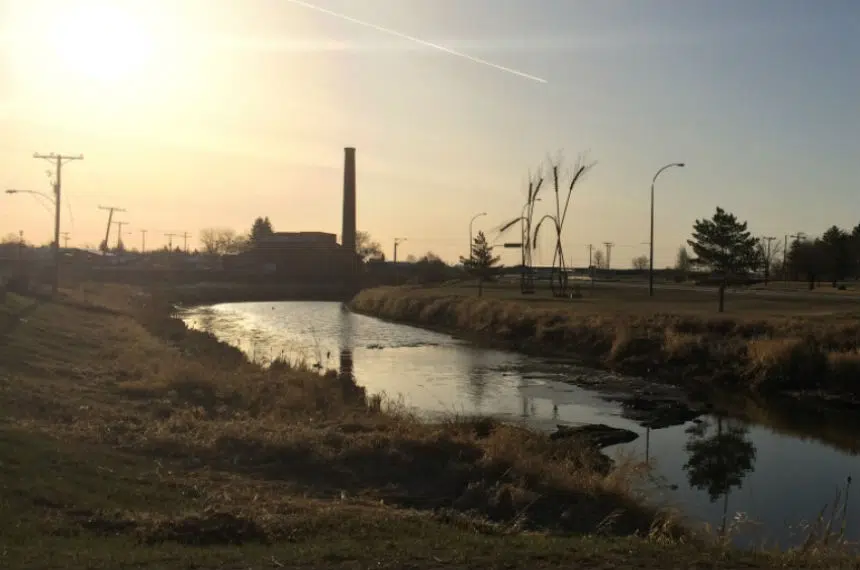Most ditches, sloughs and other farmer-made drainage works on Saskatchewan agricultural lands have not been given the okay by the provincial government.
That was one of the findings in the most recent report from the Provincial Auditor of Saskatchewan.
“The majority of drainage works in the province are unapproved,” wrote Judy Ferguson in her report.
The Water Security Agency (WSA) estimated of the 4.5 million acres of farmland in the province, up to 2.4 million acres have projects that have not been approved.
Ferguson said significant work has to be done by the WSA to bring unapproved drainage works into compliance. She noted the agency doesn’t always follow its own policies on things like the drainage approval process and on enforcement.
She highlighted one case where six months after the WSA ordered a landowner to fix a drainage issue, staff still hadn’t set the steps for that landowner to reach compliance.
Ferguson’s report sited Yorkton and Weyburn as having the highest risk of flooding. The consequences of the WSA failing to make improvements could be increased risk of flooding in high-risk areas, loss of wetlands and water quality issues.
“We know that the policies were followed, we just have to document that better,” admitted minister responsible for the WSA Dustin Duncan.
He said law around drainage was recently re-written — the first substantial change in decades.
“It’s taken 35 years basically to get us to this point. It’s not going to happen overnight,” said Duncan.
In 2015 new rules came into effect which requires the agency to approve all existing drainage works, regardless of the year constructed, as well as any new drainage works. The law allows the WSA to set out things like habitat protection, approval term length and construction periods. The WSA began to implement its new strategy around the new rules in 2017.
“A big part of our job is going to be ensuring landowners are educated on what’s required, what compliance looks like and how what they have been doing in the past or maybe want to do in the future does potentially have an impact on others downstream,” the minister said.
Duncan said over the past year the majority of approvals were through voluntary compliance, while just a small number were complaint-based closures. The minister said it’s not about closing works but instead bringing them into compliance. Within the last year, Duncan said 693 quarter sections of land were brought into compliance.











